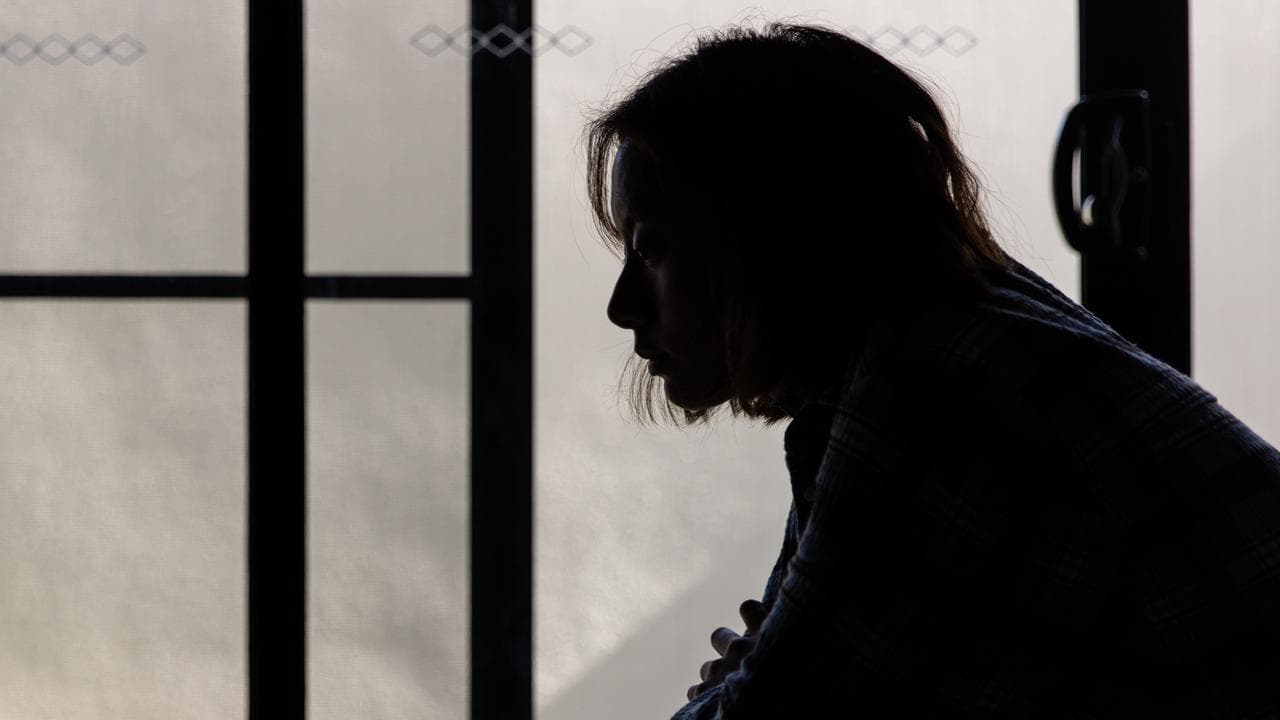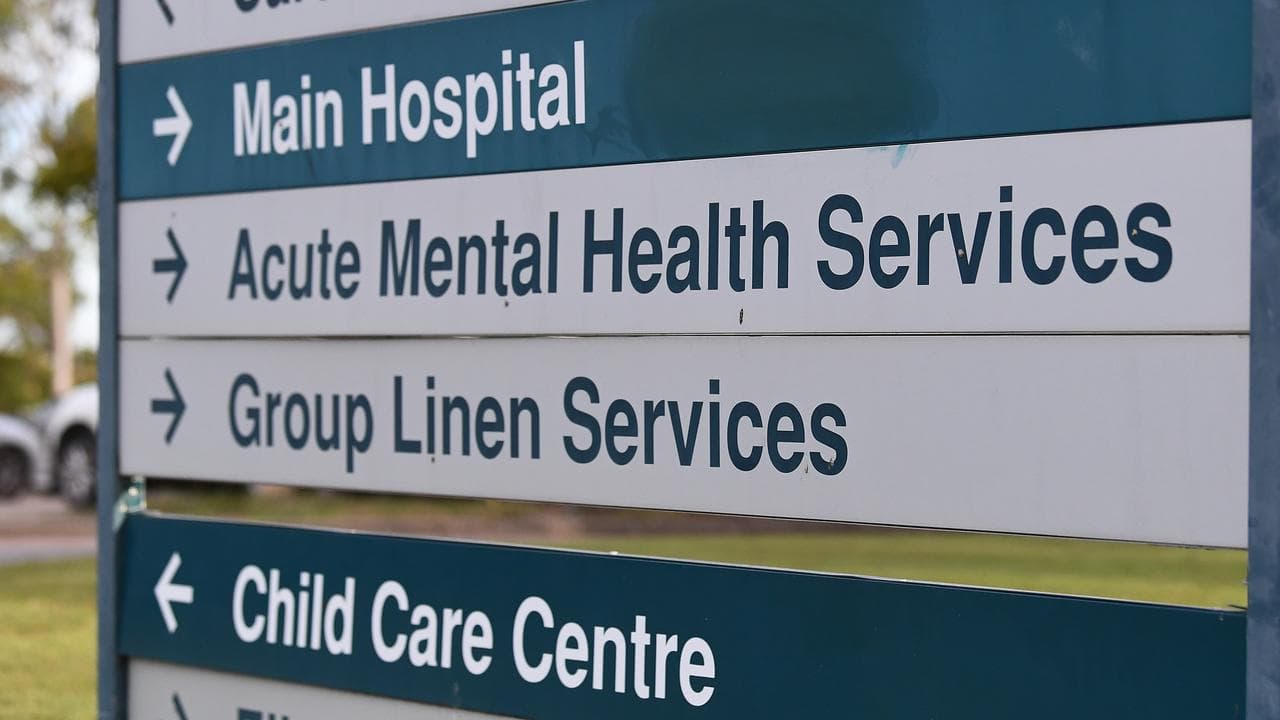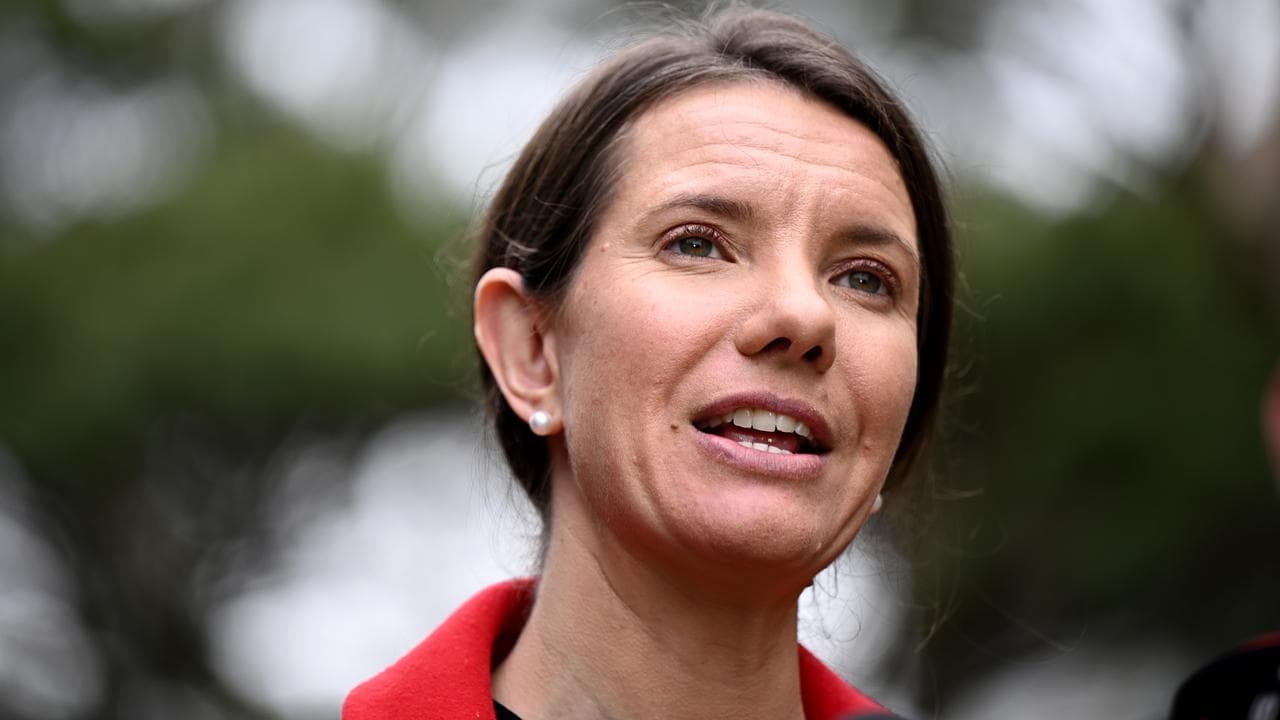
Sending mentally unwell patients for involuntary treatment in private hospitals remains on the table, after more than 110 public psychiatrists quit.
The mental health doctors were among 206 of the 292-strong NSW workforce to threaten to quit in January over extensive concerns with pay, vacancies and care quality.
Official data provided to state parliament shows while many are still in the system, only 29 have completely withdrawn their resignation.
Some 47 have walked out the door, 25 are deemed "undecided" and 71 have transferred into higher-paid contract roles.

The vacancies have placed increased strain on emergency departments and trainee psychiatrists.
Before January's mass resignation, one in three NSW public hospital salaried psychiatrist positions were vacant.
"Patients are waiting too long for help or missing out entirely," Dr Elizabeth Moore from the peak body for Australian psychiatrists told AAP.
"Losing senior psychiatrists risks leaving the system without the supervisors and mentors needed to train the next generation, putting the state’s long-term training capacity at risk."
About 105 resignations, including some of those in the contract roles, have been deferred until a later date, pending the outcome of litigation between the doctors and the government.
That was a positive step, Mental Health Minister Rose Jackson said.
"I accept that there is pressure on the psychiatry workforce - the government will abide by whatever the commission determines is a fair and reasonable outcome," she said.
"While there is pressure ... the system is operating well and the community should have the confidence that care is available for those who need it."

The crisis has not yet required the use of private hospital beds for patients without decision-making capacity.
But NSW Health secretary Susan Pearce confirmed she continues to consider whether to declare private beds as places for involuntary care under state law.
Public health officials would continue to have oversight of serious risk events in private settings, she said.
"We have been given indications from our colleagues at Ramsay (Health Care) that they are prepared to consider that work for our patients."
Ramsay Health Care, Australia's largest private hospital operator, said it provided involuntary mental health care outside of NSW and had good governance around this.
"We have long-term expertise in this area and see it as a natural progression from our voluntary centres," a spokeswoman told AAP.
"We are able to provide involuntary mental health services in NSW should the state government require assistance with caring for this cohort of vulnerable patients."
But the people with lived experience of mental illness were "rightly alarmed" about granting such powers to for-profit providers, Greens health spokeswoman Amanda Cohn said.
"Involuntary patients being treated in private, for-profit settings is a fundamental human rights concern and the minister for mental health should rule it out," Dr Cohn said.
Psychiatrists have demanded an immediate 25 per cent pay rise to stop an interstate exodus for higher wages and better conditions.
Lifeline 13 11 14
beyondblue 1300 22 4636
Lifeline 13 11 14
beyondblue 1300 22 4636




